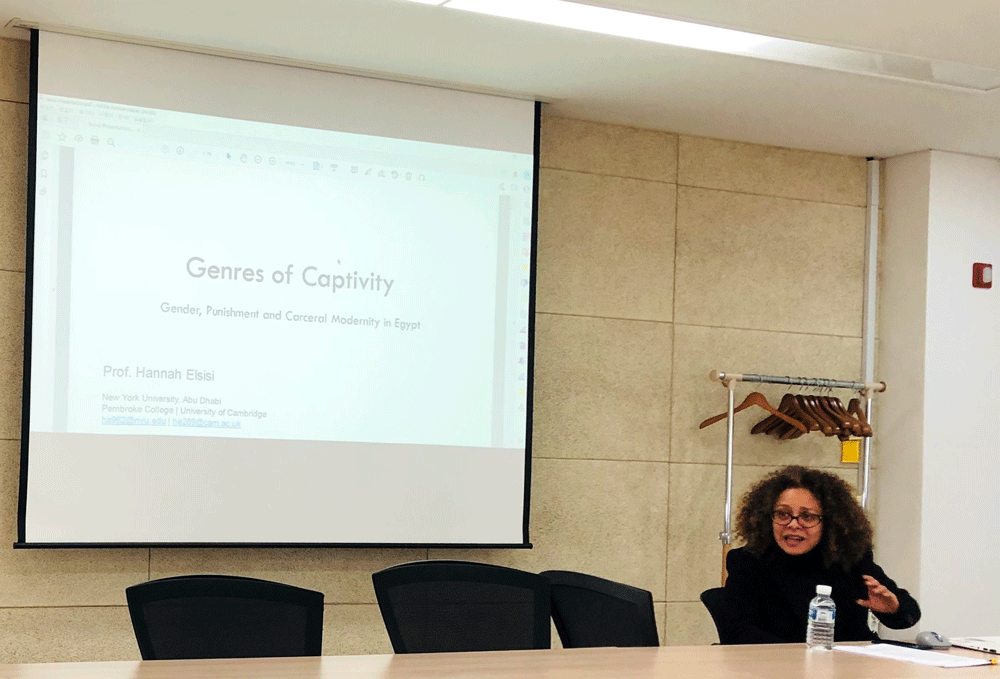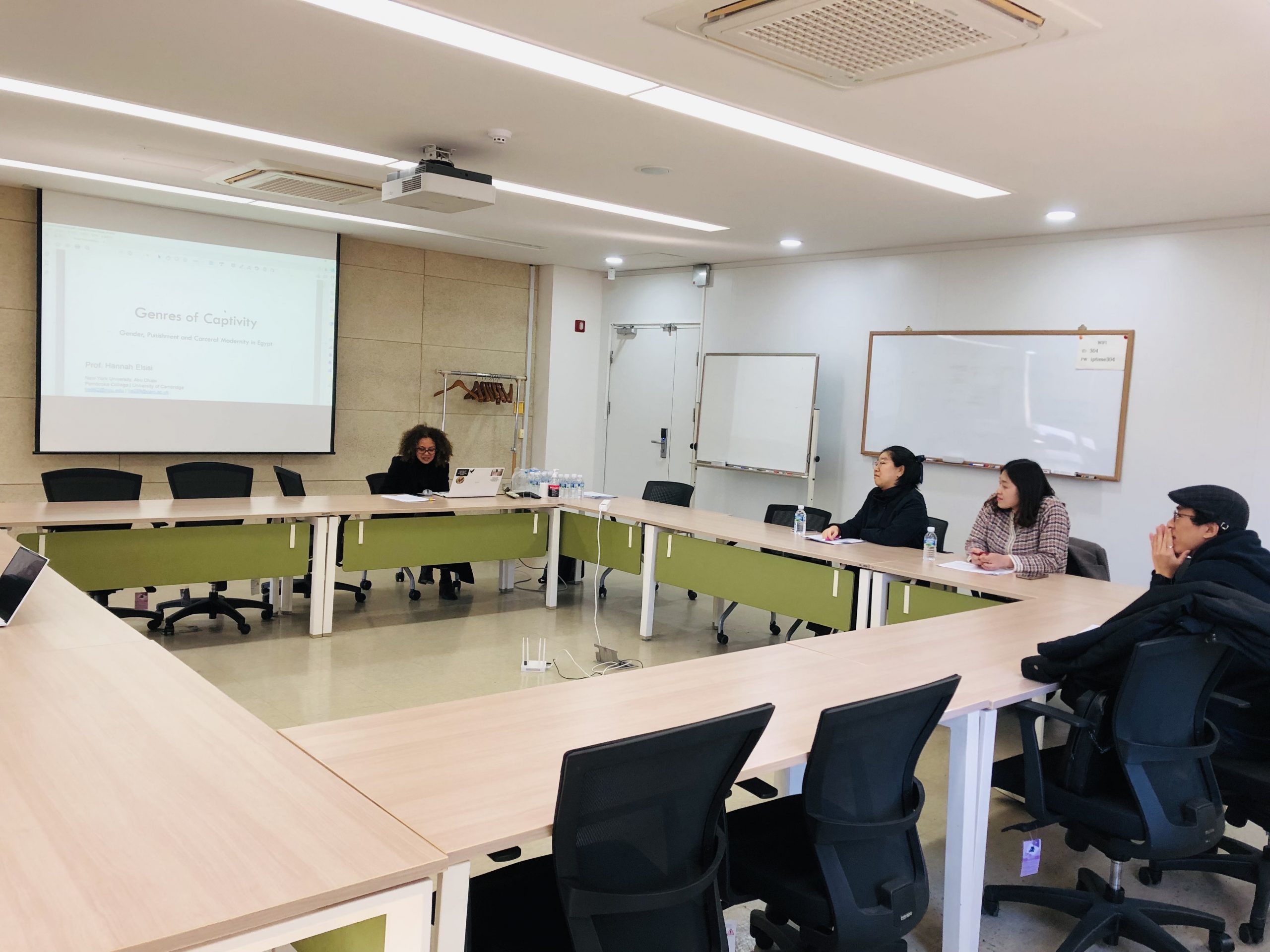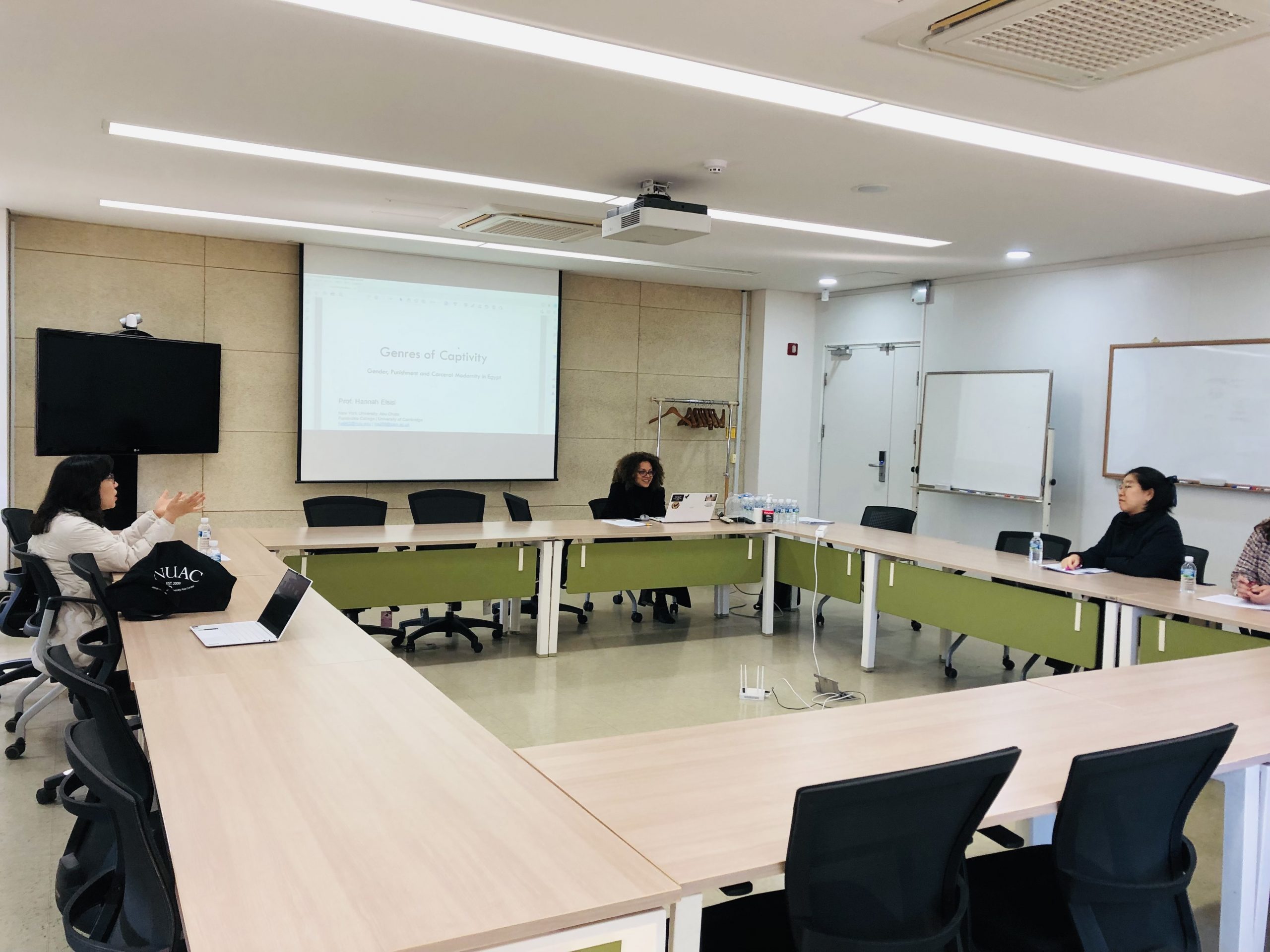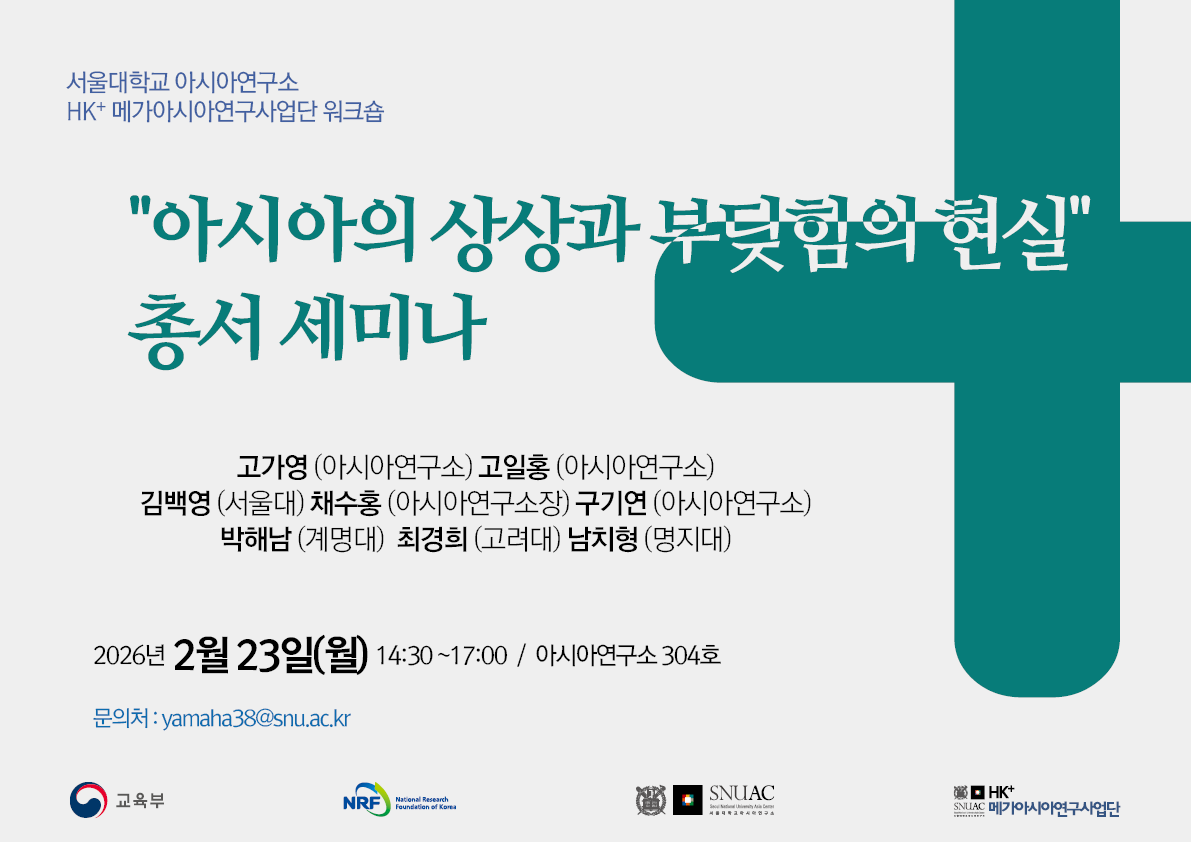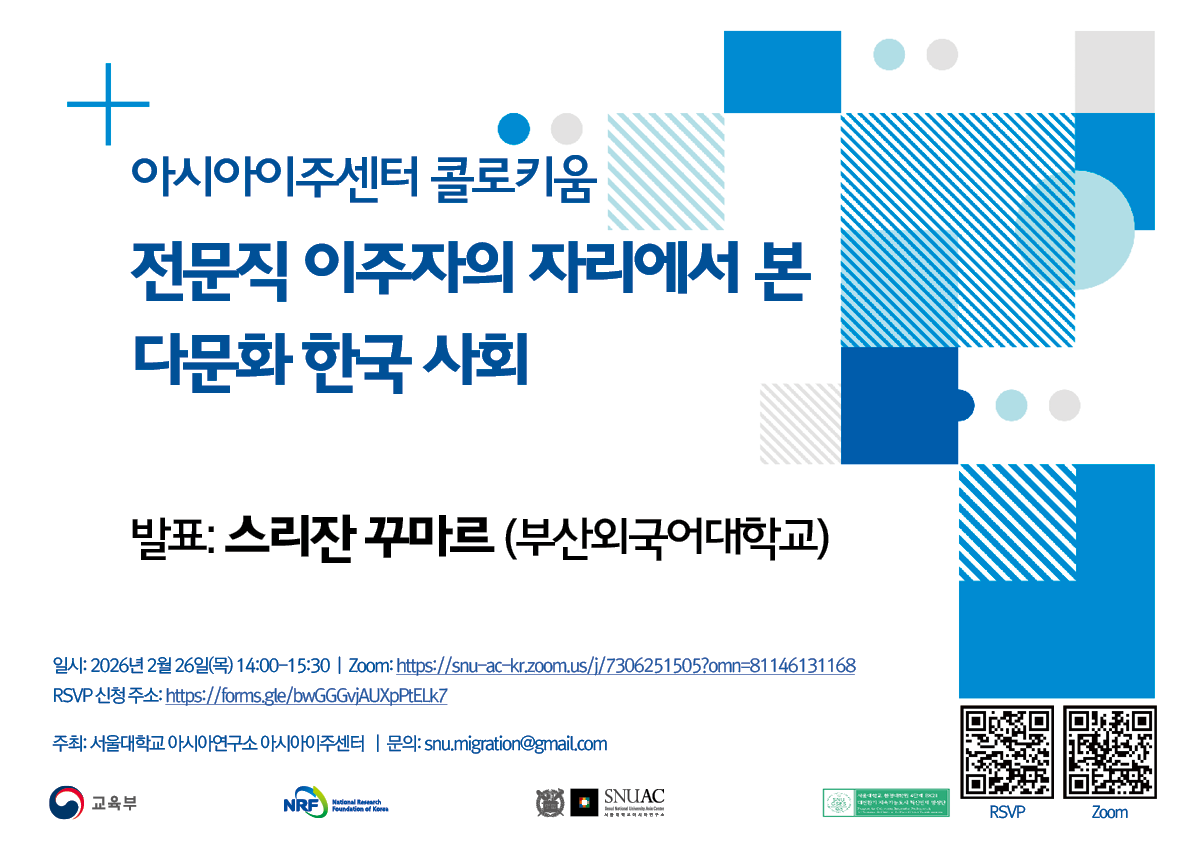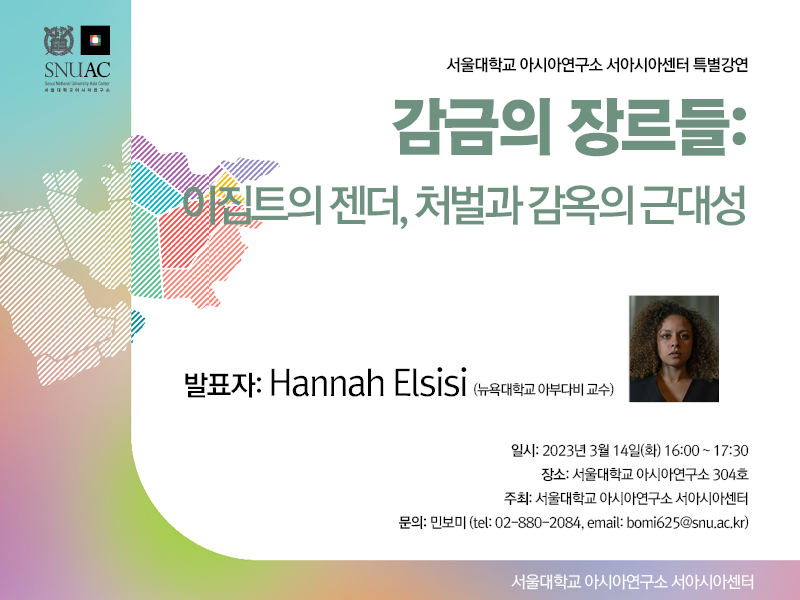
Accounts of modern Egyptian history are rife with movements and states mounting claims and counterclaims to power, sovereignty, and freedom. Prisons are central to this history. Indeed, no history of 20th century Egypt is free of: “large waves of arrests”, “imprisoned intellectuals”, “great repression campaigns”, and so on. But rarely do they follow up: and then what? Yet power contestation does not cease at the moment of arrest; life does not end at the prison’s gates. That is, prisons do not spell the death of politics or, even necessarily, of bodies. If anything, the space of the prison was a pivotal site of subject formation, power contestation and cultural production in Egypt and across the postcolonial Middle East. Prisons, then, might be reconstrued alongside such spaces as the coffeehouse and the mosque as spatial anchors of Middle East history. So what do prisons do? What kind of social and political order do they produce and reproduce? Much is made and unmade in prison: political subjectivities, networks and organisations, cultural production, disciplinary regimes, hegemonic orders and normative genders. Carcerality is productive of self, society and state. This talk will explore the relationship between carceral modernity and wider gender regimes in Egypt.
Hannah Elsisi is a social, intellectual and gender historian of the modern Middle East and North Africa in the world. Her research and teaching focus on global histories of gendered, carceral and capitalist regimes of power, mobility and subjectivity. Hannah is Assistant Professor of History and Gender Studies at New York University Abu Dhabi and visiting Senior Research Fellow at the Department of Political Economy, King’s College London. Before that she was Assistant Professor in Middle East History at King’s College London (2018-2020) and took her PhD from the History Faculty at Oxford (Merton College) in 2020. Her thesis was awarded the Malcolm Kerr and Leigh Douglas awards for best dissertation in Middle East Studies by MESA and BRISMES respectively. On completing her PhD in 2020 she joined Pembroke College, University of Cambridge, where she remains a fellow and an affiliate assistant professor in the History faculty and advisory board member at the Centre for Gender Studies. Hannah is an elected member of BRISMES’ committee on academic freedom. Publications include ‘They Threw Her in with the Prostitutes” Genre et Histoire, 2020 and “The Man and the Ant” JMEWS, 2023 and, forthcoming, Lovers in the Citadel: Prisons and Other Architectures of Subjection in Egypt and Behind the Sun: Prison Writing in an Egyptian Century.
Review
2023년 3월 14일 서아시아센터는 아부다비 뉴욕대학교의 역사학자 Hannah Elsisi 교수를 초빙하여 “Genres of Captivity: Gender, Punishment and Carceral Modernity in Egypt”를 주제로 특별강연을 진행했다. Elsisi 교수는 자신의 책 Lovers in the Citadel: Prisons and Other Architectures of Subjection in Egypt를 기반으로 19세기 초부터 팽창하기 시작한 정치적 감옥(mu’taqal)과 젠더라는 두 축이 이집트의 근대성을 형성한 역사에 대해 강연하였다. 중동을 비롯한 개념적 남반구에서 감옥은 주요한 역할을 수행해 왔으나, 감옥 자체에 대한 연구는 충분히 이루어지지 않았다. 이러한 이유로 식민통치를 겪은 중동 국가들의 사법 체계는 서구 국가들의 침략 이후로 탄생하고, 변화하고, 유지된 것으로 여겨져 왔다. 그러나 이집트의 사례가 보여주는 것처럼 중동의 여러 사회들의 사법 체계는 소위 ‘전근대’ 시절부터 존재해 왔던 각 사회의 고유한 역사의 연장선상에서 이해되어야 한다. 이집트의 경우, 남성-하층민을 위한 공간이었던 감옥은 중산층 여성 죄수라는 존재가 등장하며 변화를 겪었다. 중산층 여성 수감자들은 소위 성적으로 방종한 여성 죄수들과 자신들을 차별화하기 위해 “정치적 죄수”로서 입고, 말하고, 생활하여 결과적으로 근대적 이집트 사회의 젠더관을 강화하고 또 내재화하였다. 달리 말하여, 탈식민 국가로서의 이집트는 젠더와 형벌이라는 두 기둥 위에 세워졌으며, 이 두 기둥은 서로 긴밀한 관계를 가지고 있다. 발표 이후에는 질의응답이 이어졌으며, 강연은 활발한 분위기 속에 종료되었다.
